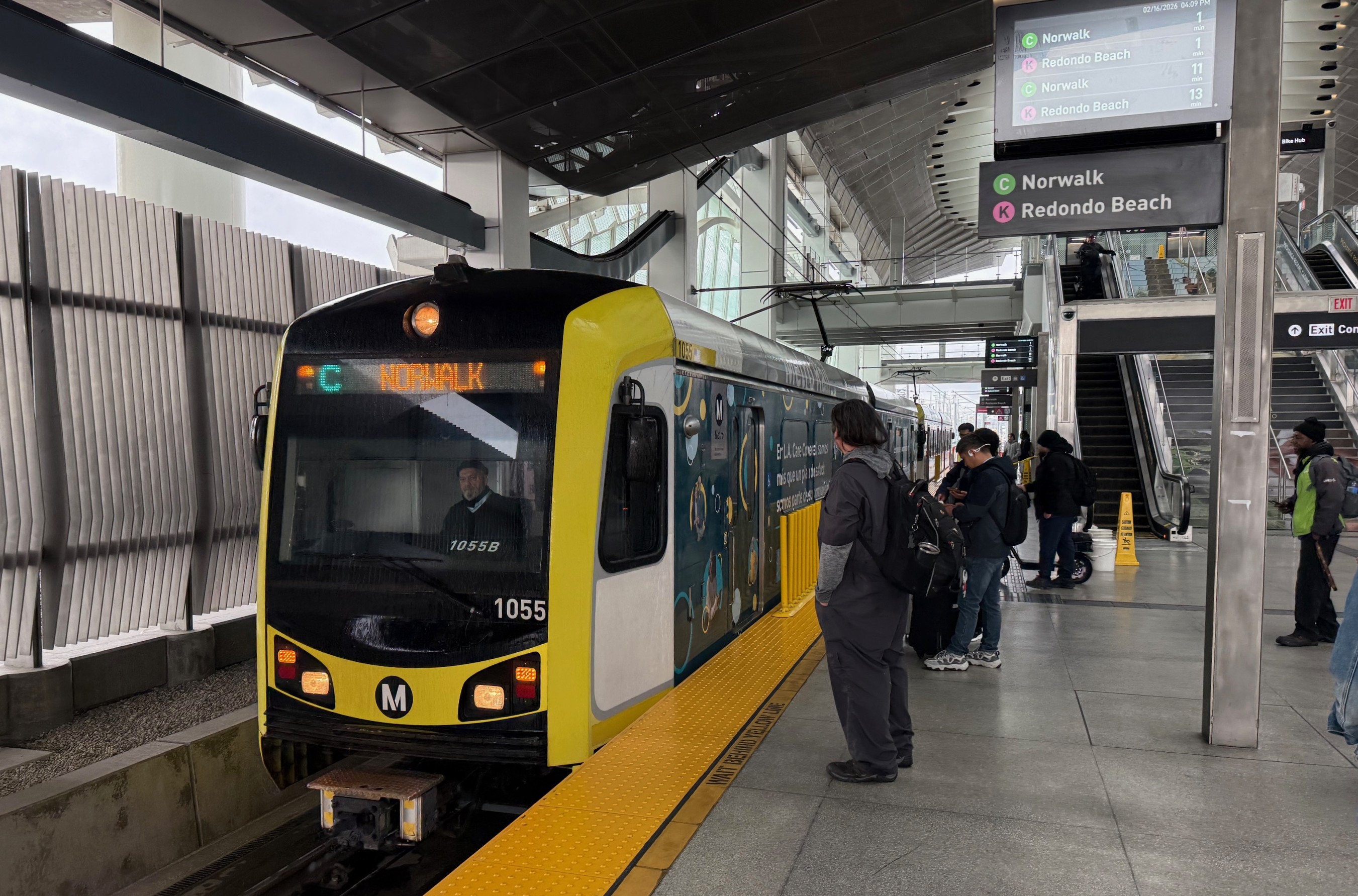Last week, 371 mayors and other city leaders wrote a letter [PDF] to Sen. Barbara Boxer, chair of the Environment and Public Works Committee, in support of local control over transportation dollars for bike and pedestrian projects.

About two-thirds of the signatories are mayors, from cities as big as Philadelphia and Los Angeles and as small as McKenzie, Tennessee, and Lincoln, Alabama. There are also some city council members, city clerks, aldermen, village trustees, and regional league directors. Their collective voice represents tens of millions of constituents.
The civic leaders said that MAP-21 “reinforces the importance of local elected officials being at the table to ensure that we secure maximum economic and transportation benefits from available federal resources.” MAP-21 included a provision requiring 50 percent of money from the Transportation Alternatives Program (TAP) -- which funds bike and pedestrian projects -- to go directly to local communities, instead of being under the control of states.
The letter is the result of a Senate hearing in May, in which Indianapolis Mayor Greg Ballard and other city leaders testified to the importance of local control over TAP funding. Boxer ended that hearing by affirming that TAP was a critical element of the transportation bill and, according to the Bike League’s Caron Whitaker, she asked Mayor Ballard, a Republican, to help her protect and promote the program by writing and circulating a sign-on letter for mayors to attest to its importance. “The letter, circulated by the U.S. Conference of Mayors and the National League of Cities, is the result of that request,” Whitaker wrote.
The letter thanks Boxer for her “leadership” on TAP and urged her “to continue to affirm the role of local elected leaders as you advance legislation renewing MAP-21.” It also asks for a small technical change that would give metropolitan planning organizations (MPOs) the power not just to choose bike/ped projects but to actually authorize the funding. The letter says that change is just one example of the minor modifications the signatories would like to see, but it doesn’t list any others.
The National League of Cities and the League of American Bicyclists said they’re not formally circulating the letter to other Congressional offices, but they're not shy about letting lawmakers know about it.
It remains to be seen how Boxer will use the letter in Senate negotiations, but the mayors have sent a strong message that American cities and towns want more say over how to spend transportation dollars.






